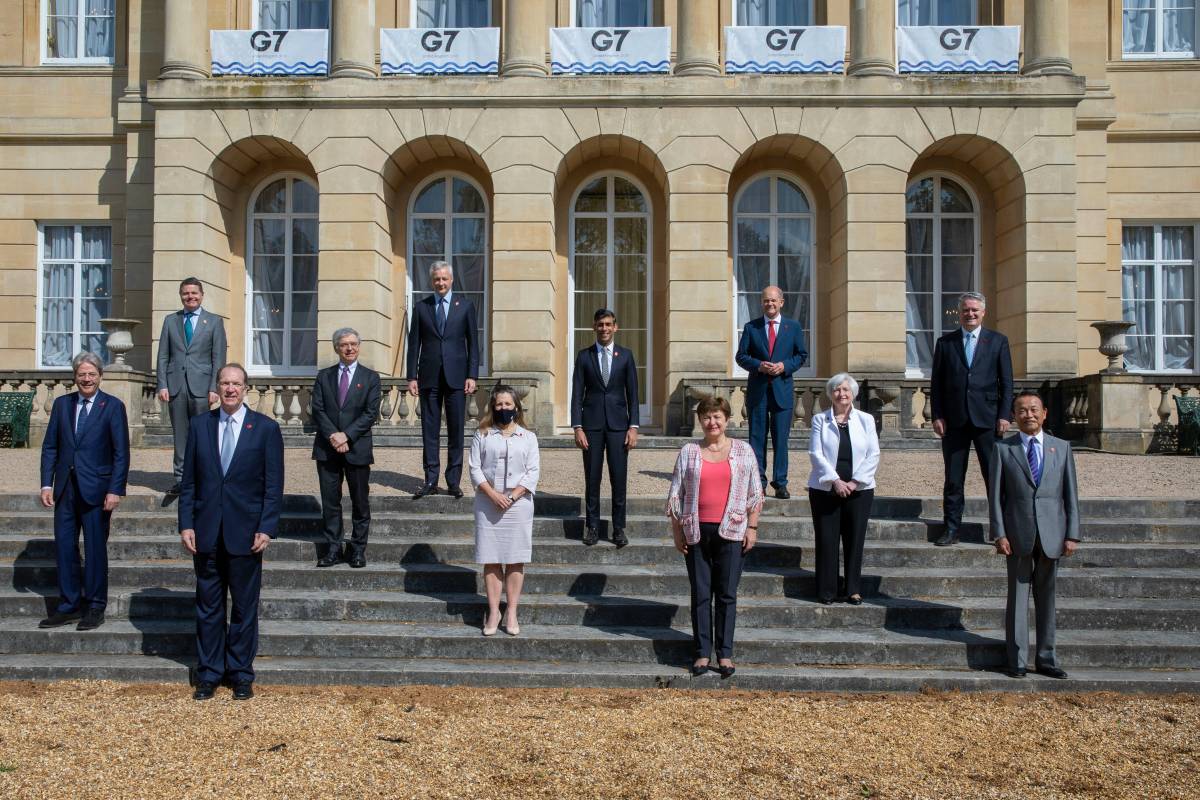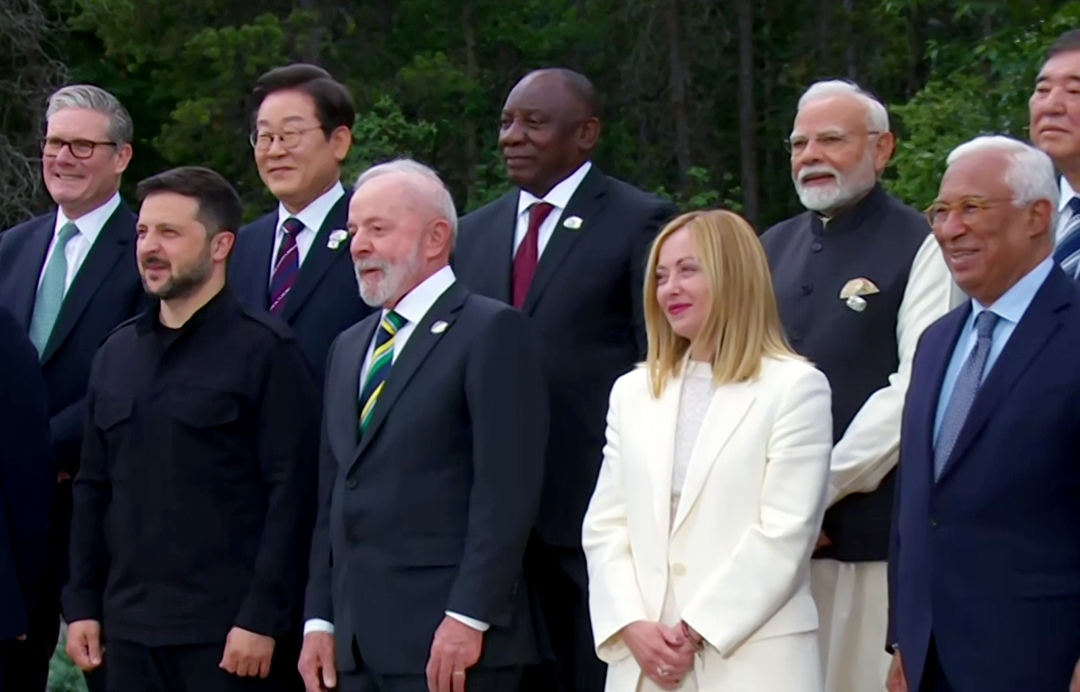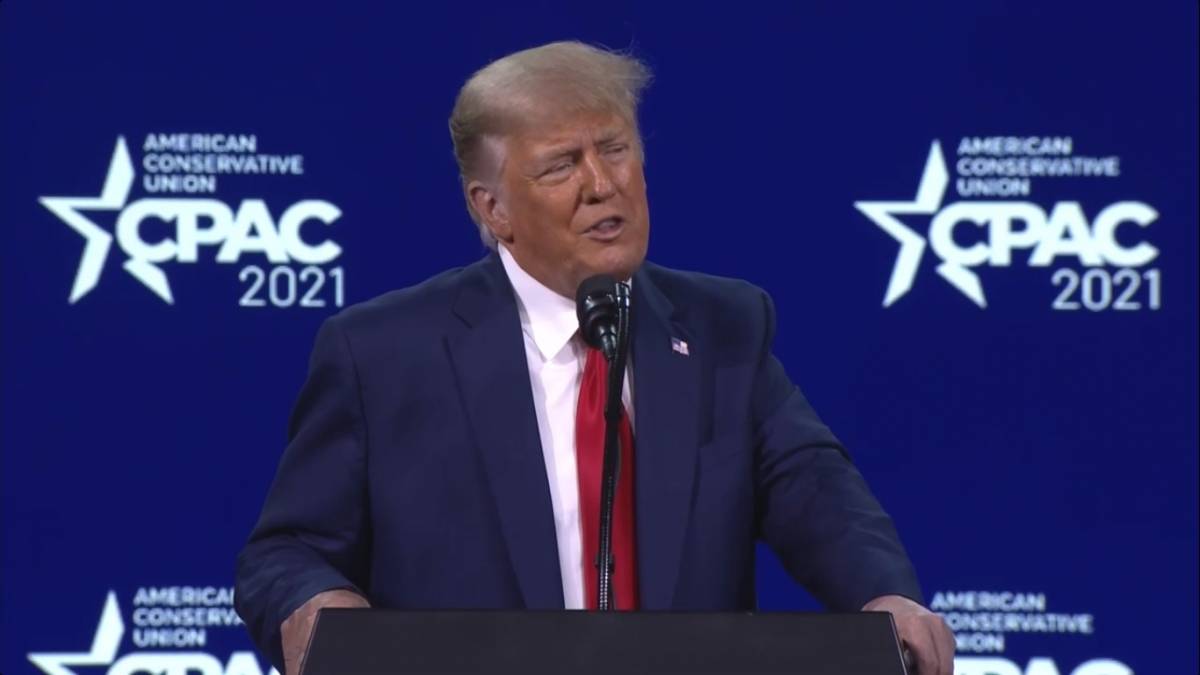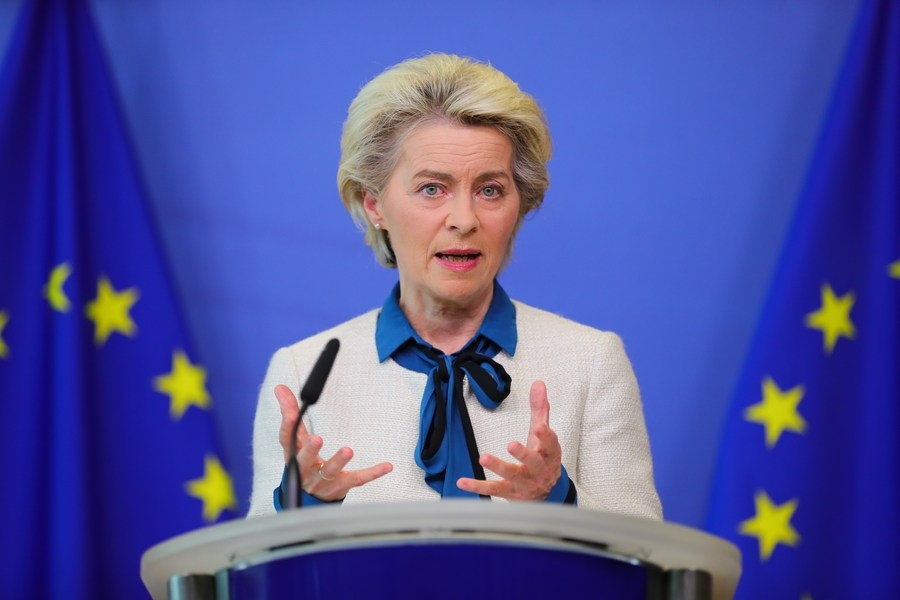Finance ministers meeting in London also endorsed proposals to make the world’s biggest companies — including US-based tech giants — pay taxes in countries where they have lots of sales but no physical headquarters, reports Asian Lite News
The Group of Seven wealthy democracies agreed Saturday to support a global minimum corporate tax rate of at least 15% in order to deter multinational companies from avoiding taxes by stashing profits in low-rate countries.
G-7 finance ministers meeting in London also endorsed proposals to make the world’s biggest companies — including US-based tech giants — pay taxes in countries where they have lots of sales but no physical headquarters.
Britain’s Treasury chief Rishi Sunak, the meeting’s host, said the deal would “reform the global tax system to make it fit for the global digital age and crucially to make sure that it’s fair, so that the right companies pay the right tax in the right places.”
US Treasury Secretary Janet Yellen, who attended the London meetings, said the agreement “provides tremendous momentum” towards reaching a global deal that “would end the race-to-the-bottom in corporate taxation, and ensure fairness for the middle class and working people in the U.S. and around the world.”

France cheered Saturday’s agreement and claimed credit for acting as its catalyst.
“We made it! After 4 years of battle, a historic accord was reached with G7 member states,” French Finance Minister Bruno Le Maire tweeted. “France can be proud!”
The meeting of finance ministers came ahead of an annual summit of G-7 leaders scheduled for June 11-13 in Cornwall, England. The Britain is hosting both sets of meetings because it holds the group’s rotating presidency.
ALSO READ: ‘India should be the 8th member of G7’: Blackman
The endorsement from the G-7 could help build momentum for a deal in wider talks among more than 140 countries being held in Paris as well as a Group of 20 finance ministers meeting in Venice in July.
The G-7 has also been facing pressure to provide vaccines for low-income countries facing new surges of Covid-19 infections and to finance projects to combat climate change. A statement Saturday from the two-day finance ministers’ meeting said only that they welcomed increased funding commitments by member countries and looked forward to more.
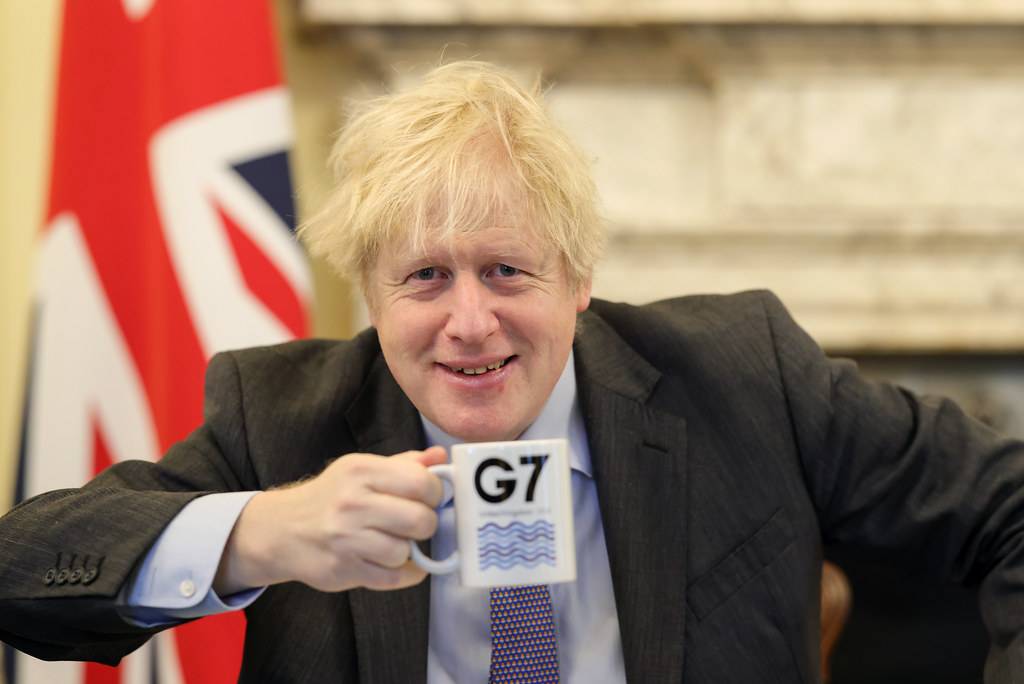
International discussions on the tax issue gained momentum after US President Joe Biden backed the idea of a global minimum of at least 15% on corporate profits.
The tax proposals endorsed Saturday have two main parts. The first part lets countries tax a share of the profits earned by companies that have no physical presence but have substantial sales, for instance through selling digital advertising.
The G-7 statement echoes a US proposal to simply let countries tax part of the earnings of the largest and most profitable companies — digital or not — if they are doing business within their borders. It also supported awarding countries the right to tax 20% or more of profit exceeding a 10% profit margin.
Part of the agreement is that countries such as France that have imposed digital services taxes would remove them in favour of the global agreement. The US considers those unilateral digital taxes to be unfair trade measures that single out big US tech companies such as Google, Amazon and Facebook.
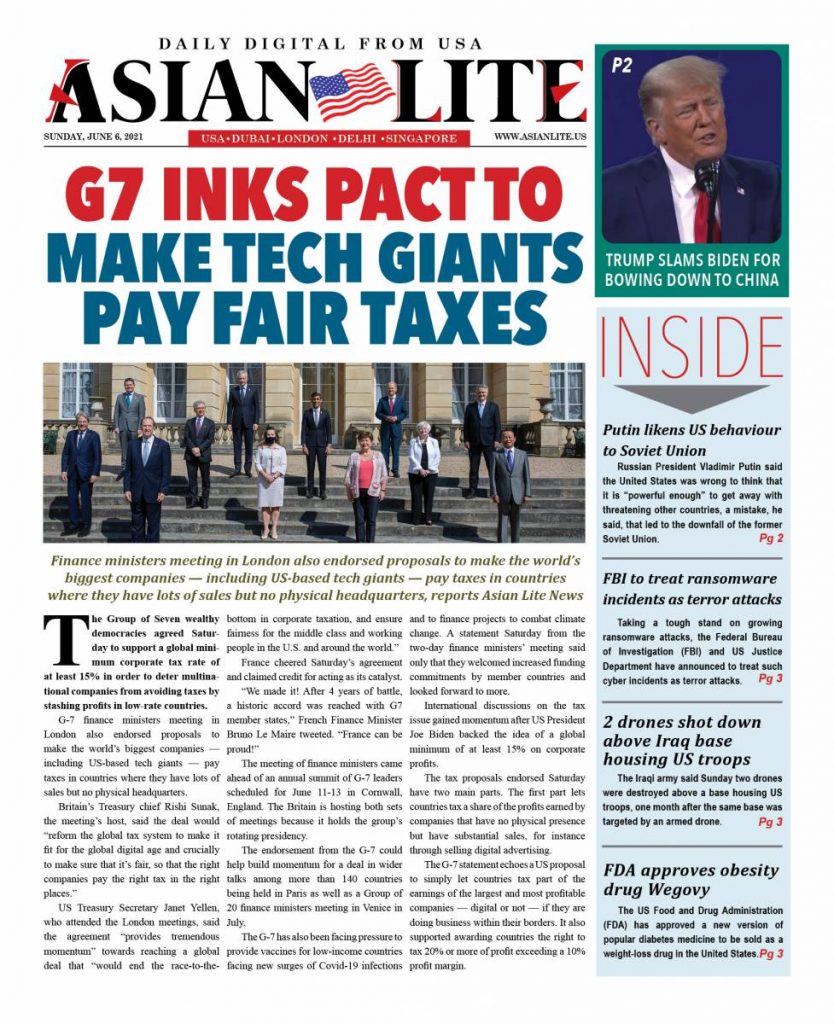
The other main part of the proposal is for countries to tax their home companies’ overseas profits at a rate of at least 15%. That would deter the practice of using accounting schemes to shift profits to a few very low-tax countries.
Nations have been grappling with the question of how to deter companies from legally avoiding paying taxes by resorting to tax havens — typically small countries that entice companies with low or zero taxes, even though the firms do little actual business there.
ALSO READ: India opposes vaccine passports at G7 meet


